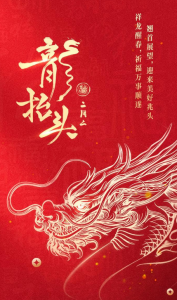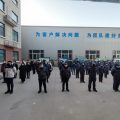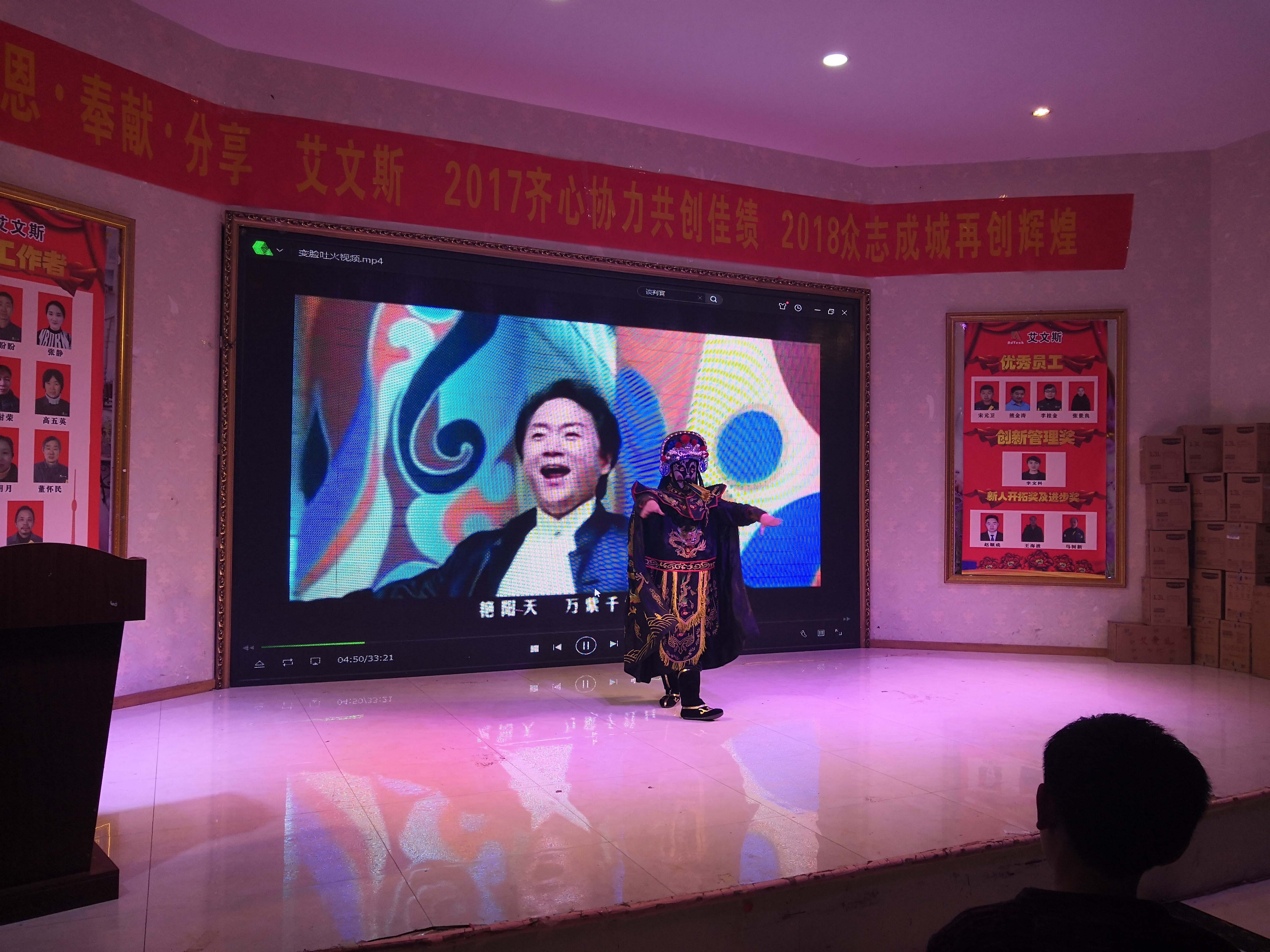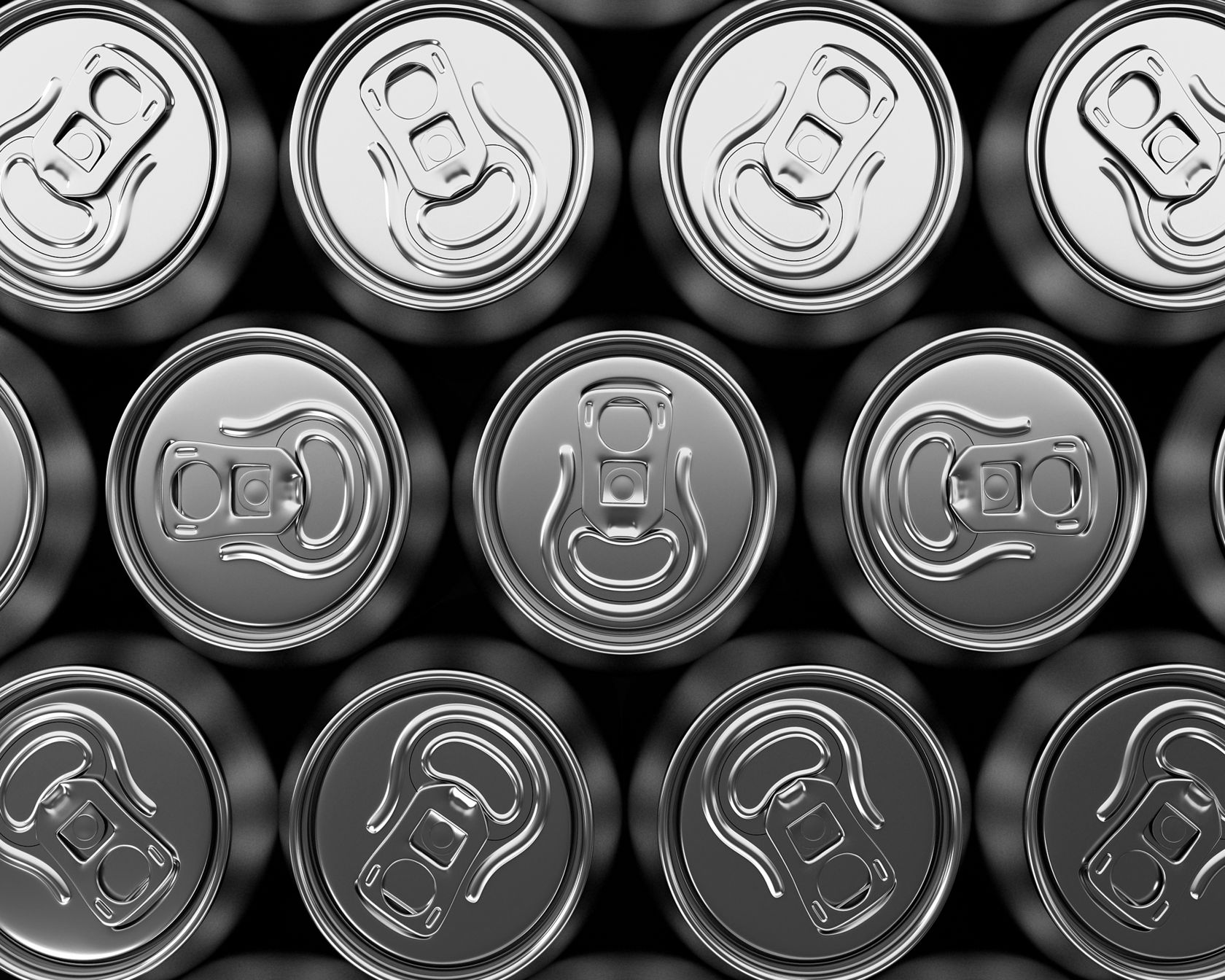11 3月 The origin and custom of the dragon raising its head on the second day of February
The second day of February when the dragon raises its head is a traditional Chinese folk festival, also known as the Spring Plowing Festival, Farming Festival, Qinglong Festival, Spring Dragon Festival, etc. The origin of this festival is related to ancient astronomy’s understanding of the movement of stars and agricultural solar terms. Specifically, “Dragon Heads Up” refers to the seven stars of the Eastern Blue Dragon among the twenty-eight constellations. At the beginning of Mao month in mid-spring, every year (Dou Zhizhidong), the “Dragon Horn Star” rises from the eastern horizon, so it is called “Dragon Heads Up”.

During this festival, people have the custom of shaving their heads, believing that it can bring good luck for the year. In addition, every household eats jelly beans, a food made from sugar-fried peanuts and soybeans, which symbolize sweetness and good luck. In terms of diet, people in the north eat spring pancakes (eating dragon scales), noodles (eating dragon whiskers), wontons (eating longan), and dumplings (eating dragon ears), while people in the south eat “longan”, “longan” and “longan”. Customs such as “dragon beard”, “dragon tongue”, “dragon ear”, “dragon skin”, “dragon son” and “dragon egg”.
Generally speaking, the dragon raising its head on the second day of February is a festival closely related to the laws of nature and farming culture. It expresses people’s best wishes for good weather and abundant harvests.













No Comments